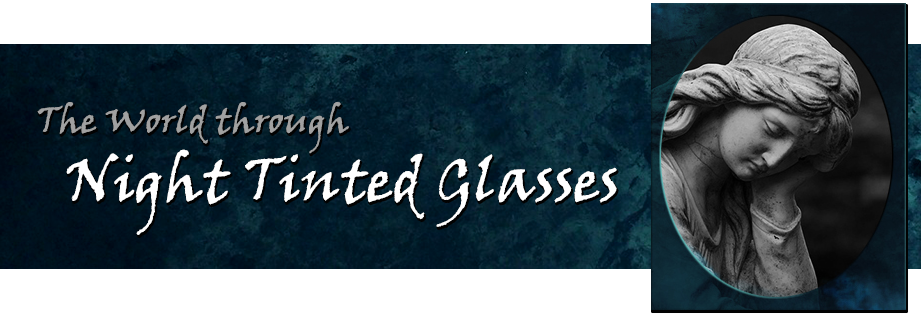Six: Who is Dracula?
How many types of Dracula can you name? The rat-faced plague-carrier of Nosferatu,Bela Lugosi's elegantly dressed predator, the aristocratic sadist of Christopher Lee, Gary Oldman's bitter lover, Louis Jourdain's acolyte of Satan? Lots more I am sure.
But when planning a new play adaptation of the novel, one has to decide exactly who and what the infamous Count really is. My friend Theodore Trout decided his Dracula was delusional, believing himself Jesus Christ reborn, for Dracula, Lord of the Damned. In the comic series Helsing he is a totally alien creature, with virtually no respect or even much memory of human life.
I decided to go back to the novel and ponder what we know there, and came to an odd conclusion.
Dracula is a ghost.
All other vampires in book seem to lack almost any personality, reacting to nothing more than appetites of the moment. Lucy feels like an extreme example of this, but then she is the youngest by far undead we meet and more, she died asleep, possibly dreaming (Van Helsing made much of this for some reason). But even the brides behave like greedy children more than anything else.
The Count on the other hand really isn't much better, not when you consider how brilliant and powerful and individual he is supposed to have been. Why not have his boxes of earth delivered via several different methods, for example? Why kill the crew of the Demeter? He focused on one or two victims while in England, which seems rather odd. Yet he at least plans for the future, even to point of doing what must have proven years and years of research, among other things teaching himself a profoundly foreign tongue.
So here is my notion. To be a vampire is to walk in a dream, as a ghost essentially. Only fragments of your original abilities or skills remain, much less intelligence or will. What makes Dracula so unique (and of course explains why vampires don't rule the world) is how much he had to start with. The man described in the book (never mind Vlad the Impaler--Stoker knew next to nothing of that man) was a successful general, a scholar, even an alchemist and philosopher. When reduced, enough of "him" survived he could begin to plan, begin to take control of this weird new existence. It took him centuries, but he did it. But the only reason our intrepid heroes were ever able to defeat such a powerful figure lay in the fractured nature of his mind.
This gives a vivid and precise image of my antagonist--a being of vast supernatural power, with flashes of intense brilliance and character, but in a more or less permanent fugue state where nothing seems quite real, quite solid, including his own mind.















































